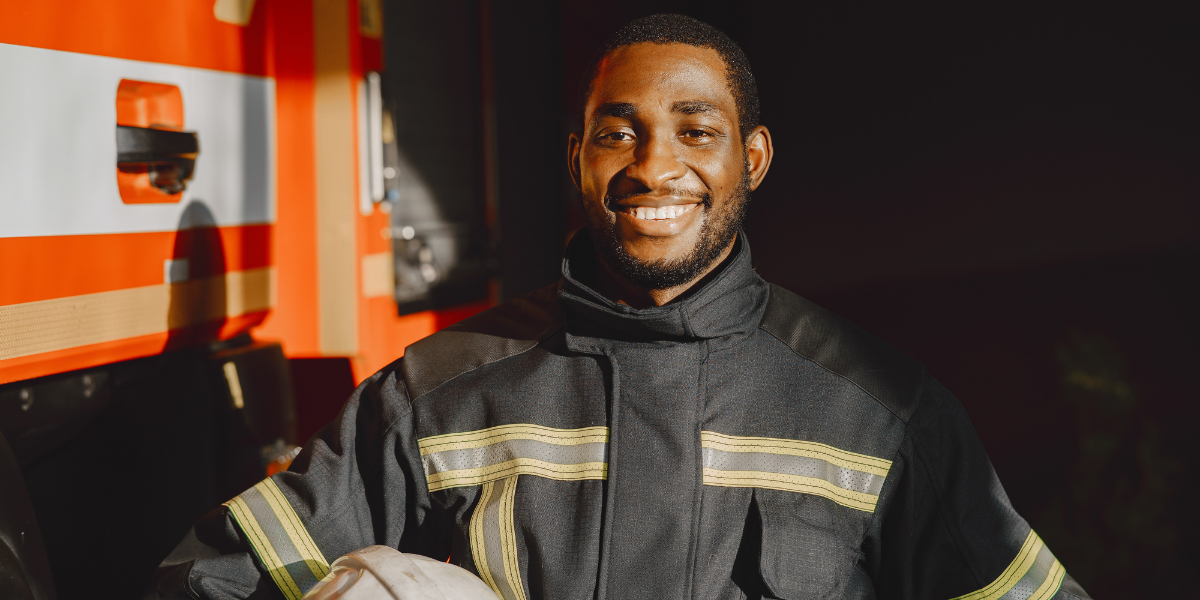
Understanding Trauma
Updated January 7, 2026
What is trauma, and why does it seem like everyone is talking about it?
Trauma isn’t just something that happens after catastrophic events or headline-making tragedies. In fact, many mental health professionals now recognize that life itself can be traumatic. Loss, conflict, chronic stress, childhood experiences, relationship wounds, and sudden change can all overwhelm our ability to cope—even if we’ve been telling ourselves to “just get over it.”
does that mean everyone is traumatized?
Not exactly. But it does mean that humans are wired to respond deeply to pain. Our brains and bodies evolved to protect us, and sometimes those protective mechanisms kick in so powerfully that they linger long after the danger has passed. Maybe you notice this in your own life—feeling “on edge” even when you’re technically safe, going numb when things get overwhelming, or having big reactions to “small” triggers that don’t make sense on paper. Trauma has a way of lifting the veil—it shows us that life can be beautiful and brutal, often at the same time.
trauma is about the experience, not the event
Two people can live through the “same” situation and walk away impacted in totally different ways. That’s because trauma isn’t just about what happened; it’s about how your nervous system experienced what happened—how alone, helpless, unsafe, or overwhelmed you felt in that moment and in the moments that followed. Your body remembers even when your brain tries to move on.
While we can’t always change what happens outside of us, we often have more influence over what happens inside of us than we realize. With support, we can help the nervous system learn that it’s allowed to stand down, to soften, to feel safe again. Trauma can harden us to the love and connection we crave most, pushing people away, keeping us in survival mode, or convincing us that we’re “too much” or “not enough.” But when it’s processed safely, through trauma-informed therapy and other supportive practices, it can also become a doorway to awareness, resilience, and healing. We start to notice patterns, understand our reactions, and build new ways of relating to ourselves and others.
That’s why understanding trauma matters. It puts language to what you’ve been feeling and helps you see that your responses aren’t character flaws—they’re adaptations. And it’s why learning how trauma affects the mind and body is such a powerful first step toward reclaiming agency, restoring connection, and moving forward with intention.
If you would like to learn more about trauma and would like to get aligned with your own healing path, please reach out to our team at Lifeologie Counseling.

About Lifeologie
Lifeologie Counseling was founded in 2000 with one goal in mind — to bring a fresh, innovative approach to the everyday problems of life. Creative solutions to stuck problems®. With our unique multi-specialty, collaborative approach, Lifeologie Counseling helps individuals and families heal their wounds and break out of old, unhealthy patterns.

.png)


